UK new car CO2 emissions fell 3.5% in 2010 and more than 20% since 2000
Green Car Congress
MARCH 19, 2011
Average CO 2 emissions from new cars have fallen by more than 20% since 2000. Cars in the sub-130 g/km CO 2 category represented almost 40% of the market in 2010 compared with less than 1% in 2000. Executive (-28.1%) and Mini (-25.8%) segments recorded the biggest improvements against the levels of 2000. .


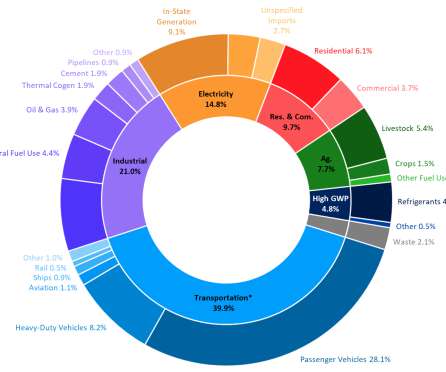














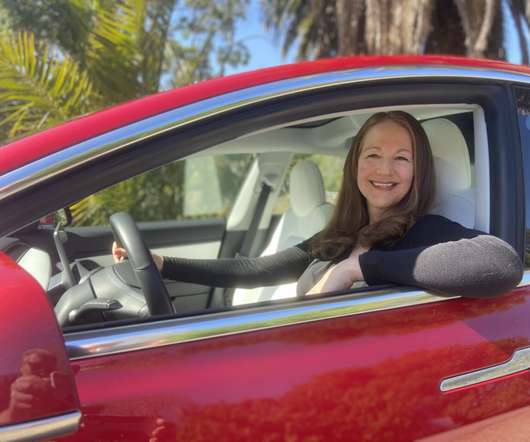













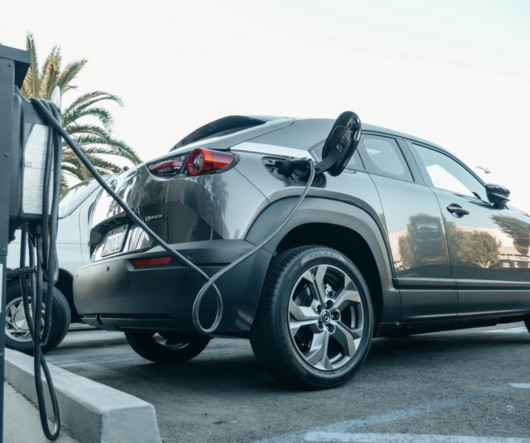
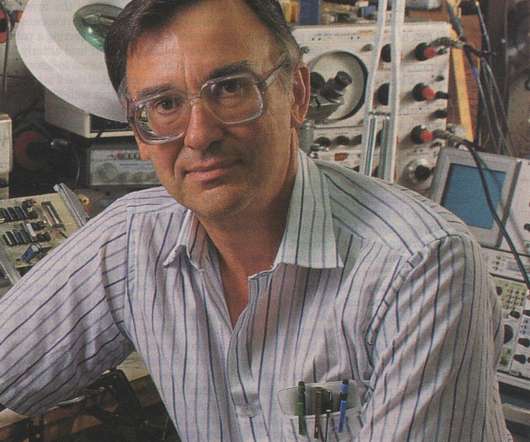

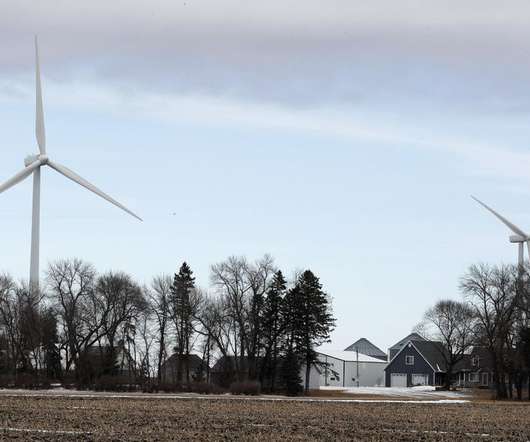

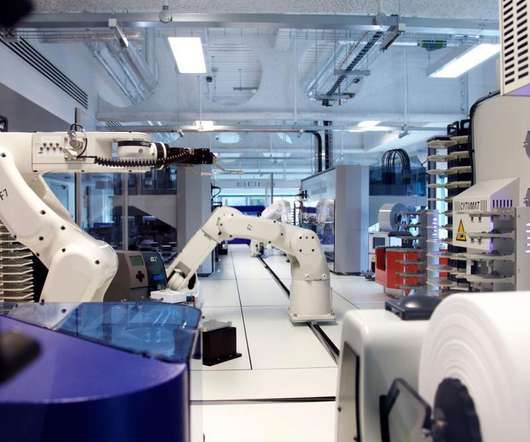







Let's personalize your content